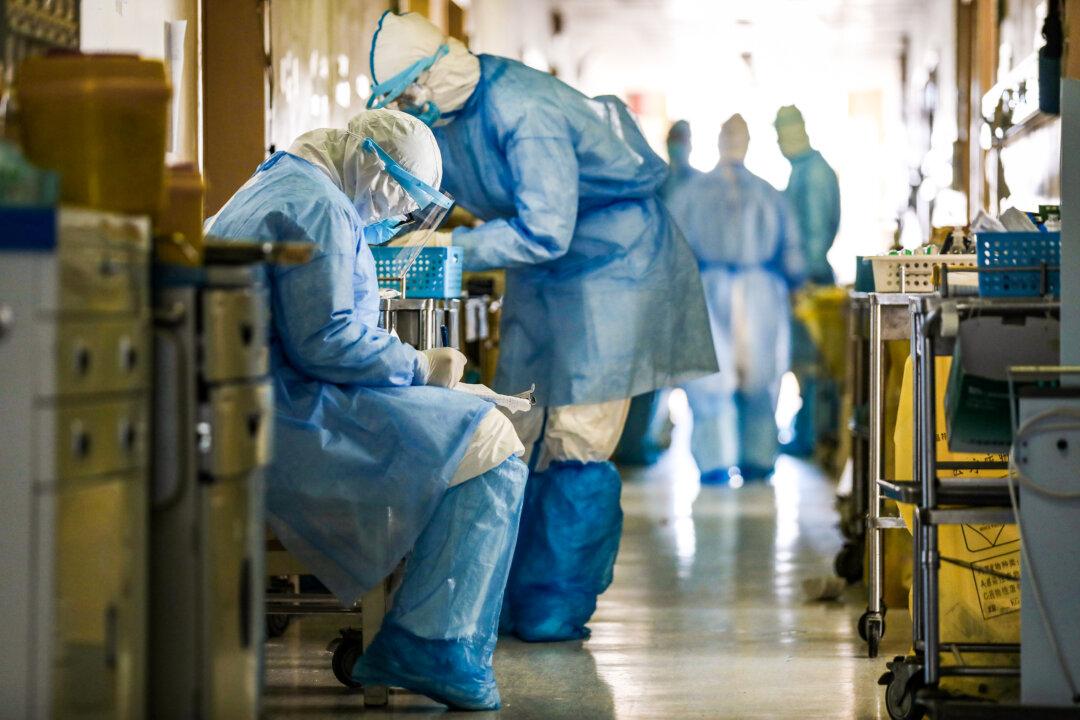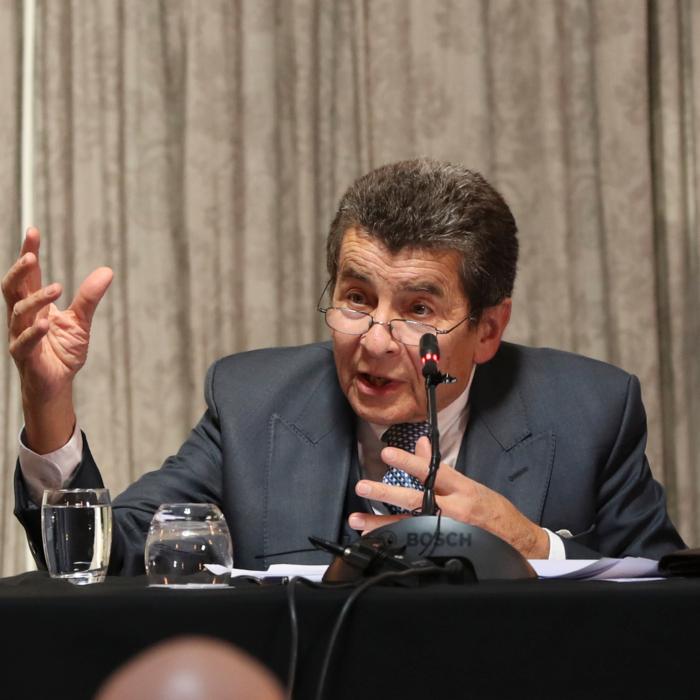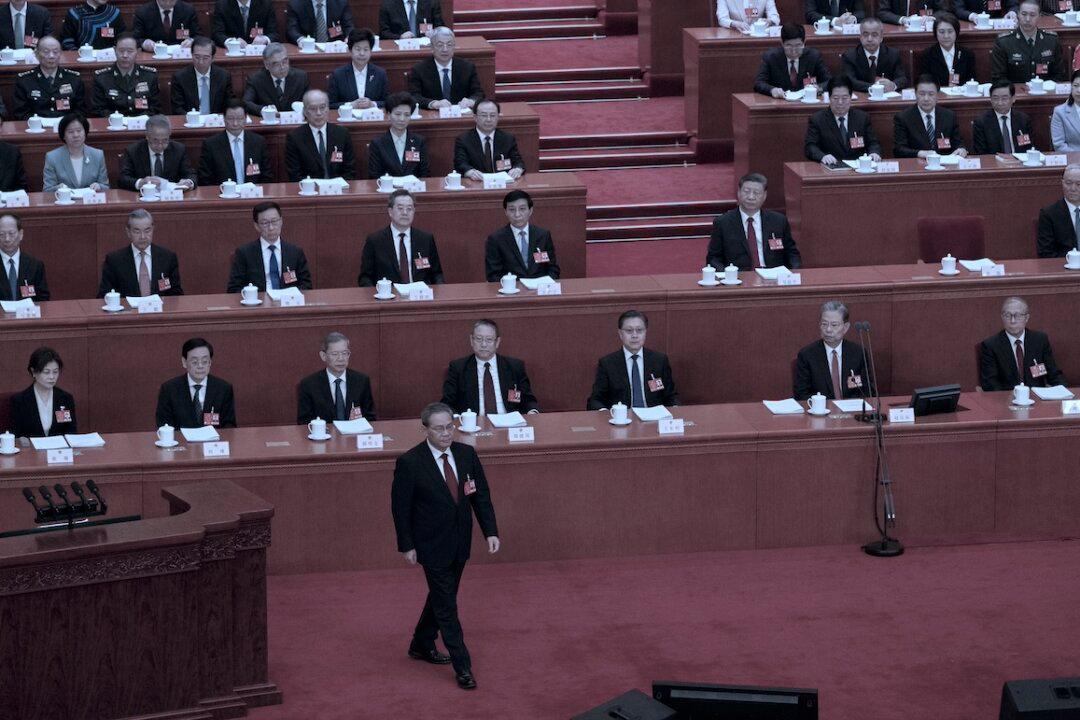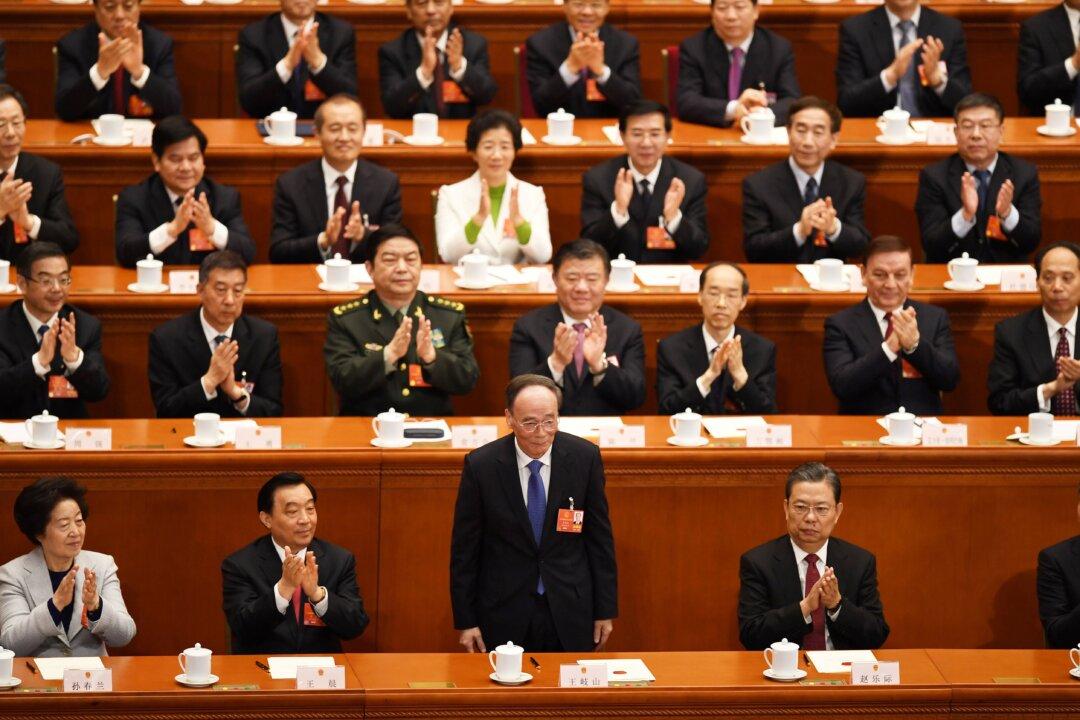A Chinese hospital found a matching donor for a patient in need of a lung transplant within 10 days, again raising questions about China’s opaque organ transplant businesses.
Liu Hao (pseudonym) underwent transplantation surgery at a hospital on China’s east coast in 2019. Suffering from pneumoconiosis—lung damage caused by breathing dust particles—he spent about 700,000 yuan ($97,000) for his surgery, including 100,000 yuan (about $14,000) for the organ.
During an interview with The Epoch Times on Aug. 3, he said lung transplants involved finding donors matching in height and size, as well as blood types. The hospital provided a wait time of one day to six months.
He traveled 800 miles from his hometown in the south to the hospital and rented an apartment nearby to wait for a donor while undergoing various medical exams. After 10 days, he was matched with a donor.
The Epoch Times contacted the transplant department of Wuxi People’s Hospital in Jiangsu Province, where Liu received his new lung. A staff member said over the phone that the hospital performs 100 to 200 lung transplants annually.
The first step is to schedule an evaluation with a doctor, she said on the Aug. 4 call. Afterward, one will be put on the transplant list and wait for further notification from the hospital.
“Some patients could have a transplant as soon as they arrive,” she told The Epoch Times. “It’s half a million yuan (about $70,000) for a single lung [transplant] and a million yuan (about $140,000) for a double lung [transplant].”
When asked about the donor’s source, she said they were unsure and would need to ask a doctor.
Liu said he didn’t know anything about donors. “It would be kept a secret from the patient,” he said.
The lung transplant patients Liu interacted with at the hospital included infants and people over 80, and they were from across China.
Suspicious Organ Sources
Liu’s surgeon, Chen Jingyu, a vice president at the Wuxi Hospital, often posts on social media about lung transplants he has performed.In January, he said he completed 205 lung transplants in Wuxi and 165 in the nearby city Hangzhou last year, as well as consulting surgeries all over the country. He wrote in April that China has about 6,000 organ donations from brain-dead people every year.
In response to online comments questioning the organ sources, Chen also responded last year that China switched from taking organs from executed prisoners to “brain-dead” donors in 2015.
To date, China does not legally recognize brain death, or the loss of all brain functions, as death. Medical ethical standards require an organ donor to be pronounced dead before vital organs can be removed.
China’s Donation Plan
China’s organ donation system has seen meager results since its inception in 2013, resulting in a few thousand each year.The latest push to increase donations occurred on April 28, when major Chinese agencies, including the Health Commission, the National Development and Reform Commission, the Ministry of Public Security, the Ministry of Civil Affairs, and the General Association of Red Cross Societies, jointly called for more voluntary participation.
The notice stated that the five-year goal is to achieve annual growth of more than 10 percent in the number of registered organ donors and a donation rate of eight per million people in the national population.
A Beijing resident who wished to use the pseudonym Fang Ming viewed the move as largely favoring some high-ranking officials to extend their lives with new organs.
He told The Epoch Times that he would not donate organs and he would also tell his relatives and friends not to donate “so as not to give life to those with vested interests.”
Forced Organ Harvesting
Human rights and medical experts have an alternative explanation for the sources of organs: forced organ harvesting of prisoners of conscience in China.Among them, practitioners of Falun Gong, a spiritual practice with meditative exercises and a moral philosophy centered on truthfulness, compassion, and tolerance, constitute a large portion.
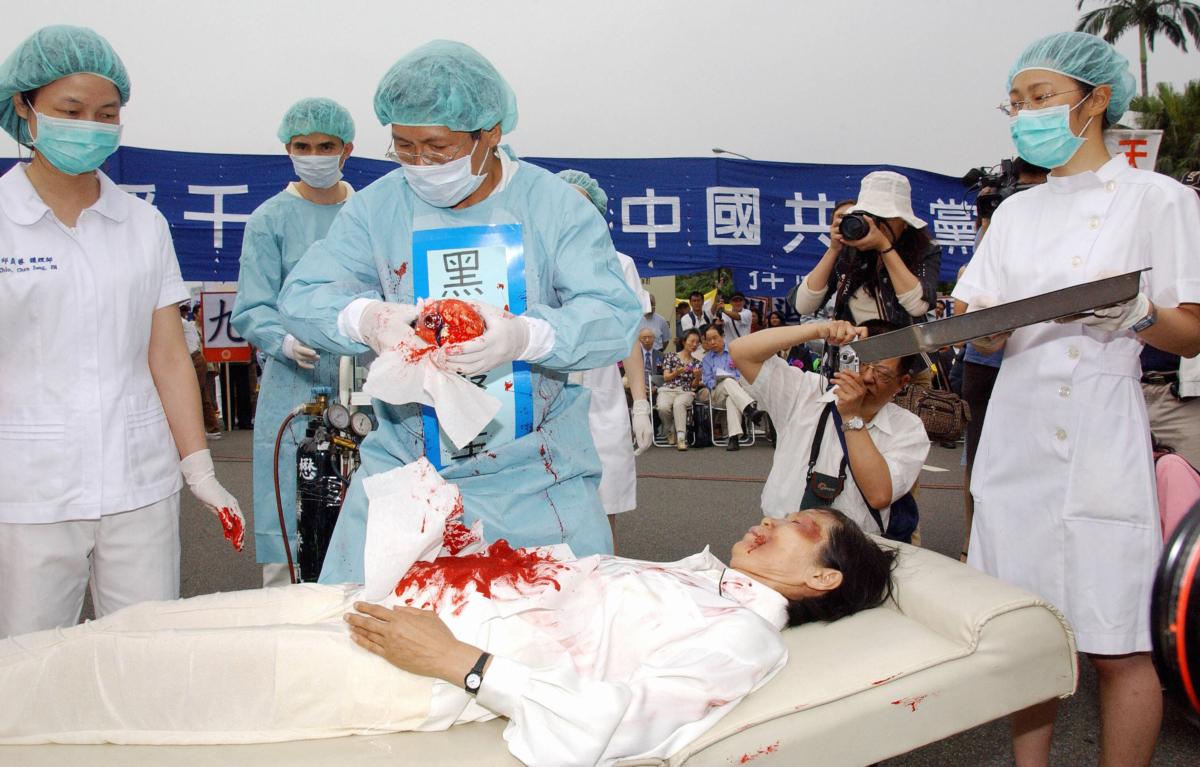
The CCP launched a national campaign to eradicate the faith in 1999, which had an estimated 70–100 million practitioners at the time.
Chen, the surgeon who performed a lung transplant on Liu, was accused of forced organ harvesting from Falun Gong practitioners as early as 2016 by the World Organization to Investigate the Persecution of Falun Gong (WOIPFG), a non-profit focused on holding human rights perpetrators accountable.
If enacted, the bill will ban any U.S. cooperation with China on organ transplants and target sanctions and visa restrictions on individuals complicit in forced organ harvesting. The bill still needs to advance in the upper legislative chamber and be signed by the president before becoming law.
